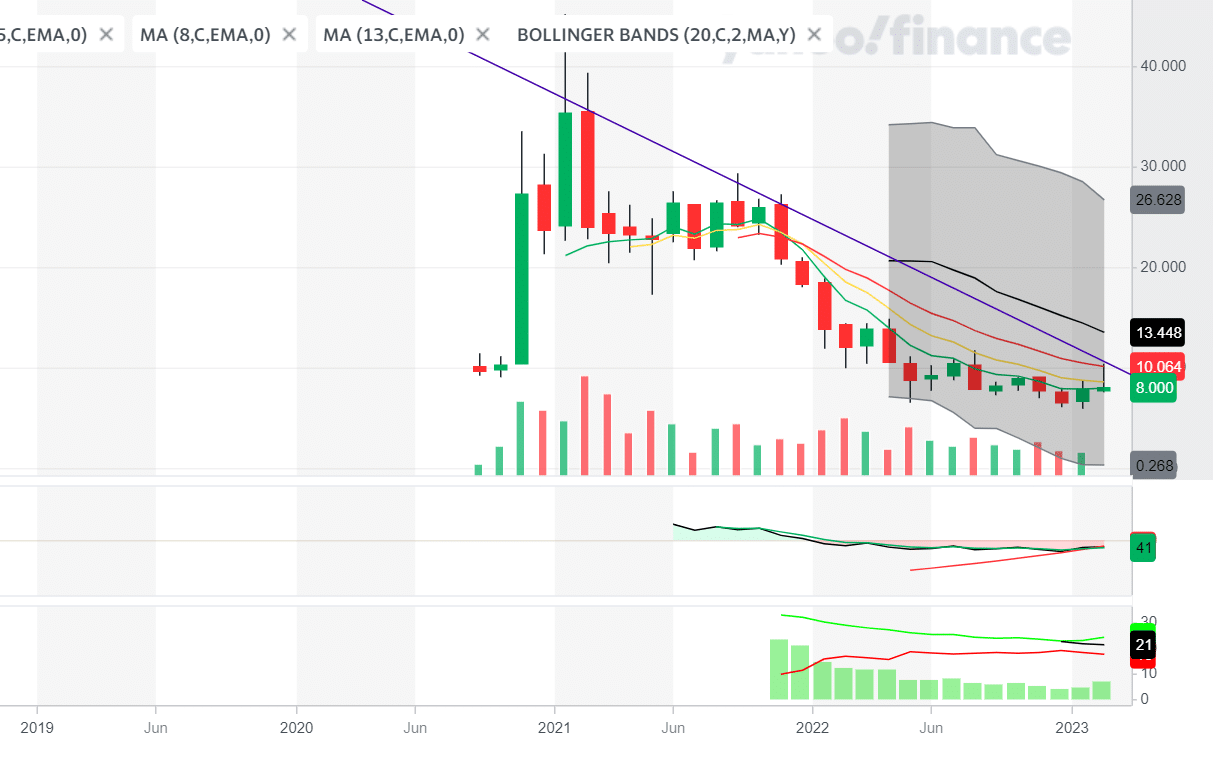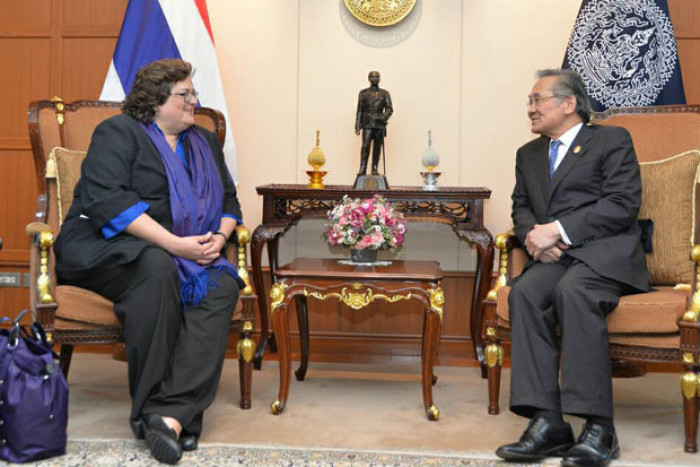Home Office Intensifies Asylum Restrictions: Focus On Three Nations

Table of Contents
Increased Scrutiny of Afghanistan Asylum Claims
The Home Office has introduced stricter evidentiary requirements for asylum seekers from Afghanistan, demanding more compelling proof of persecution. This increased burden of proof places a significantly higher bar for successful applications.
New Evidence Requirements
- Increased burden of proof on applicants: Asylum seekers must now provide significantly more detailed and comprehensive evidence to support their claims. This includes detailed accounts of persecution, credible witness statements, and corroborating evidence.
- Specific documentation now required: The Home Office now demands specific documentation, such as police reports, medical records detailing injuries sustained during persecution, and credible evidence of past threats. The lack of readily available documentation in conflict zones further complicates the process.
- Higher rejection rates anticipated: The stricter evidence requirements are expected to lead to a substantial increase in rejection rates for Afghan asylum seekers, potentially leaving many vulnerable individuals without protection.
Faster Processing Times (and Potential Consequences)
While the government claims faster processing times are beneficial, critics argue this leads to rushed decisions and overlooked crucial details, increasing the risk of wrongful rejections.
- Shorter interview times: Interview times have been drastically reduced, limiting the opportunity for applicants to fully articulate their experiences and provide all necessary evidence.
- Limited opportunity for legal representation: The expedited process often leaves insufficient time for adequate legal representation, further disadvantaging applicants who may not fully understand the complex asylum procedures.
- Increased appeals: The higher number of rejected applications is expected to result in a significant surge in appeals, adding further strain on an already overburdened asylum system.
Challenges Faced by Asylum Seekers from Syria
The Home Office has designated Syria as a "safe country" in certain regions, leading to a presumption that asylum seekers from these areas face no credible threat. This presumption significantly limits the chances of successful applications, despite ongoing conflict and human rights abuses in many parts of the country.
Designated "Safe Country" Status
- Challenges to the "safe country" designation: Many human rights organizations challenge this designation, citing ongoing conflict, widespread human rights abuses, and the lack of safety and security for many Syrian citizens.
- Cases of ongoing persecution and human rights abuses ignored: The "safe country" designation overlooks the significant ongoing persecution and human rights abuses faced by many Syrians, even in regions considered relatively safe.
- Increased number of appeals based on individual circumstances: As a result, a large number of asylum applications are being appealed on the basis of individual circumstances, highlighting the flaws in the blanket "safe country" designation.
Impact on Vulnerable Groups
Specific vulnerabilities faced by women, children, and LGBTQ+ individuals from Syria are often overlooked under the "safe country" designation.
- Lack of consideration for gender-based violence: The asylum process often fails to adequately address the specific risks faced by women and girls, including gender-based violence, sexual assault, and forced marriage.
- Limited protection for unaccompanied minors: Unaccompanied minors fleeing Syria are particularly vulnerable and require special protection and care, which is often lacking under the current system.
- Increased risk of exploitation and human trafficking: The expedited process and lack of support increase the risk of exploitation and human trafficking for vulnerable groups.
Restrictions Affecting Asylum Applications from Eritrea
The Home Office is increasingly rejecting claims from Eritrea based on the argument that asylum seekers could have claimed asylum in other countries before reaching the UK. This "safe route" argument ignores the dangerous journeys and human rights violations Eritrean refugees often face during transit.
Geographic Restrictions and "Safe Routes"
- Lack of consideration for dangerous routes and human trafficking risks: The "safe route" argument disregards the perilous journeys many Eritreans undertake, often involving human trafficking and exploitation.
- Difficulties in proving the inability to claim asylum in transit countries: It is often difficult for asylum seekers to prove they were unable to claim asylum in transit countries, even if they faced significant risks.
- Increased deportation numbers: The application of the "safe route" argument is leading to a significant increase in the number of Eritrean asylum seekers being deported.
Changes to Legal Aid and Representation
Reduced access to legal aid is making it harder for asylum seekers from Eritrea to navigate the complex asylum process effectively.
- Limited access to legal advice: Cuts to legal aid mean many Eritrean asylum seekers lack access to legal advice, leaving them at a significant disadvantage.
- Increased reliance on pro bono services: The increased demand for legal assistance has resulted in a heavy reliance on pro bono services, which are often stretched thin and unable to meet the needs of all those who require them.
- Impact on the fairness of the asylum process: The reduction in legal aid and support undermines the fairness and impartiality of the UK asylum process.
Conclusion
The Home Office's intensified asylum restrictions targeting Afghanistan, Syria, and Eritrea raise serious concerns about fairness, human rights, and the UK's international obligations. The increased scrutiny, faster processing times, and "safe country" designations significantly impact vulnerable individuals fleeing persecution. Understanding these changes is crucial for those seeking asylum and their advocates. To learn more about the specific challenges faced by asylum seekers and the implications of the Home Office's new policies, further research into relevant organizations and legal resources is recommended. Stay informed about updates on Home Office Intensifies Asylum Restrictions and advocate for a more humane and just asylum system.

Featured Posts
-
 Easter Weekend In Lake Charles Live Music Events And Entertainment
May 09, 2025
Easter Weekend In Lake Charles Live Music Events And Entertainment
May 09, 2025 -
 The Importance Of Quality Daycare Finding The Right Fit
May 09, 2025
The Importance Of Quality Daycare Finding The Right Fit
May 09, 2025 -
 Palantir Stock Investment Outlook Before May 5th Earnings
May 09, 2025
Palantir Stock Investment Outlook Before May 5th Earnings
May 09, 2025 -
 Xionia Sta Imalaia 23etis Meiosi Kai Oi Epiptoseis
May 09, 2025
Xionia Sta Imalaia 23etis Meiosi Kai Oi Epiptoseis
May 09, 2025 -
 Is It A Real Safe Bet Evaluating Low Risk Investment Options
May 09, 2025
Is It A Real Safe Bet Evaluating Low Risk Investment Options
May 09, 2025
Latest Posts
-
 News From The Bangkok Post The Push For Better Transgender Rights
May 10, 2025
News From The Bangkok Post The Push For Better Transgender Rights
May 10, 2025 -
 The Bangkok Post And The Ongoing Struggle For Transgender Equality
May 10, 2025
The Bangkok Post And The Ongoing Struggle For Transgender Equality
May 10, 2025 -
 The Impact Of Trumps Executive Orders On The Transgender Community A Call For Stories
May 10, 2025
The Impact Of Trumps Executive Orders On The Transgender Community A Call For Stories
May 10, 2025 -
 Examining Transgender Equality Issues Highlighted By The Bangkok Post
May 10, 2025
Examining Transgender Equality Issues Highlighted By The Bangkok Post
May 10, 2025 -
 The Bangkok Post And The Fight For Transgender Equality In Thailand
May 10, 2025
The Bangkok Post And The Fight For Transgender Equality In Thailand
May 10, 2025
